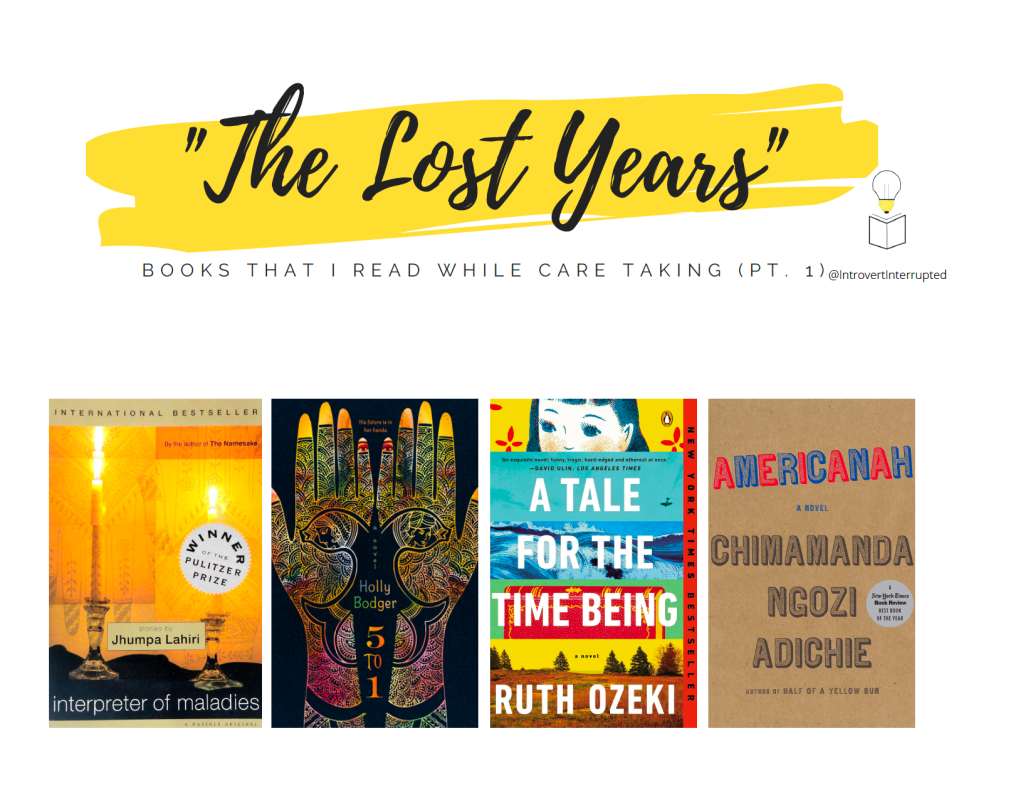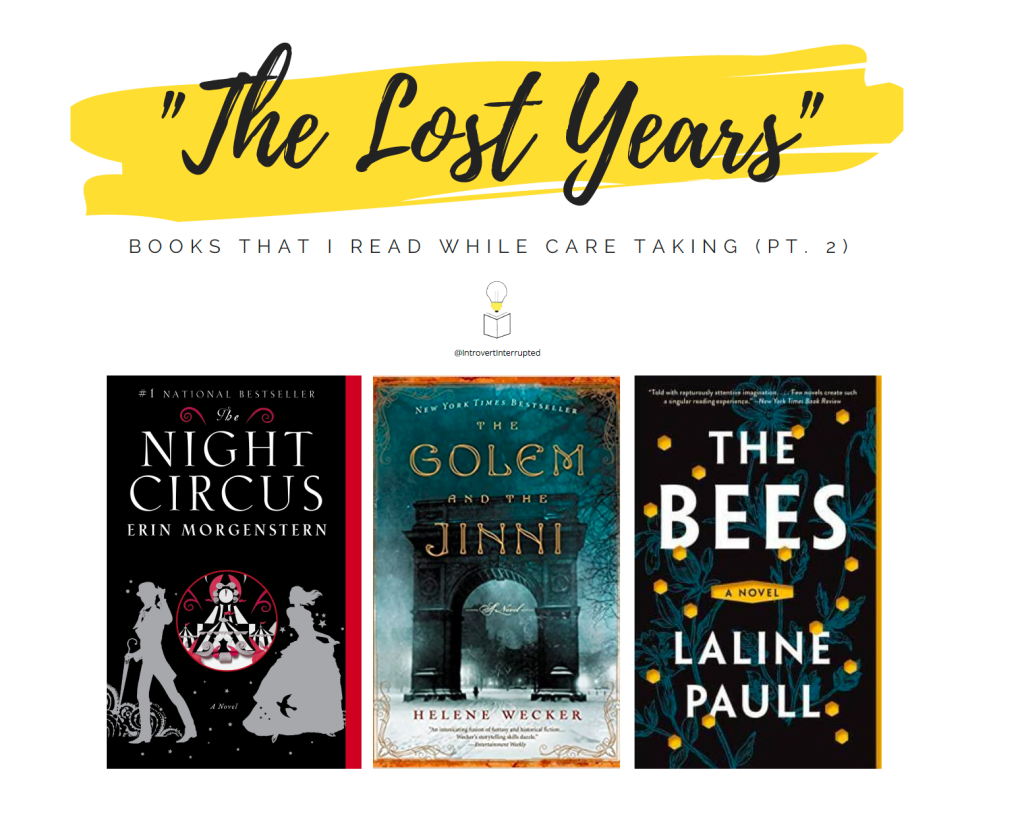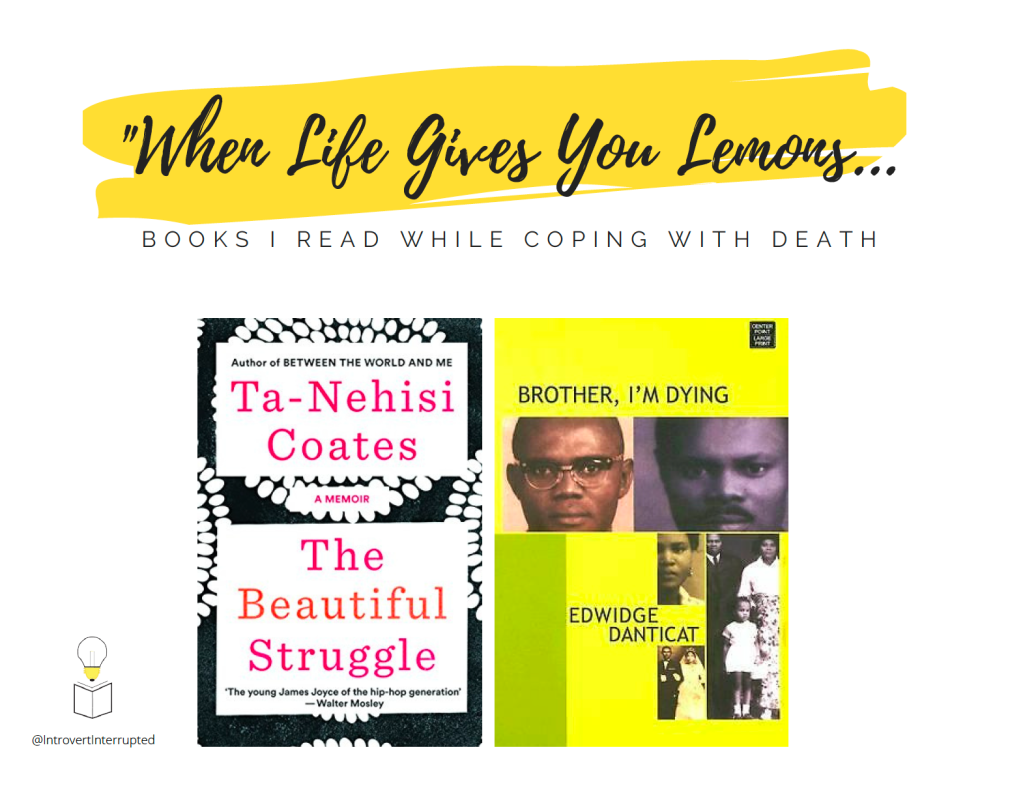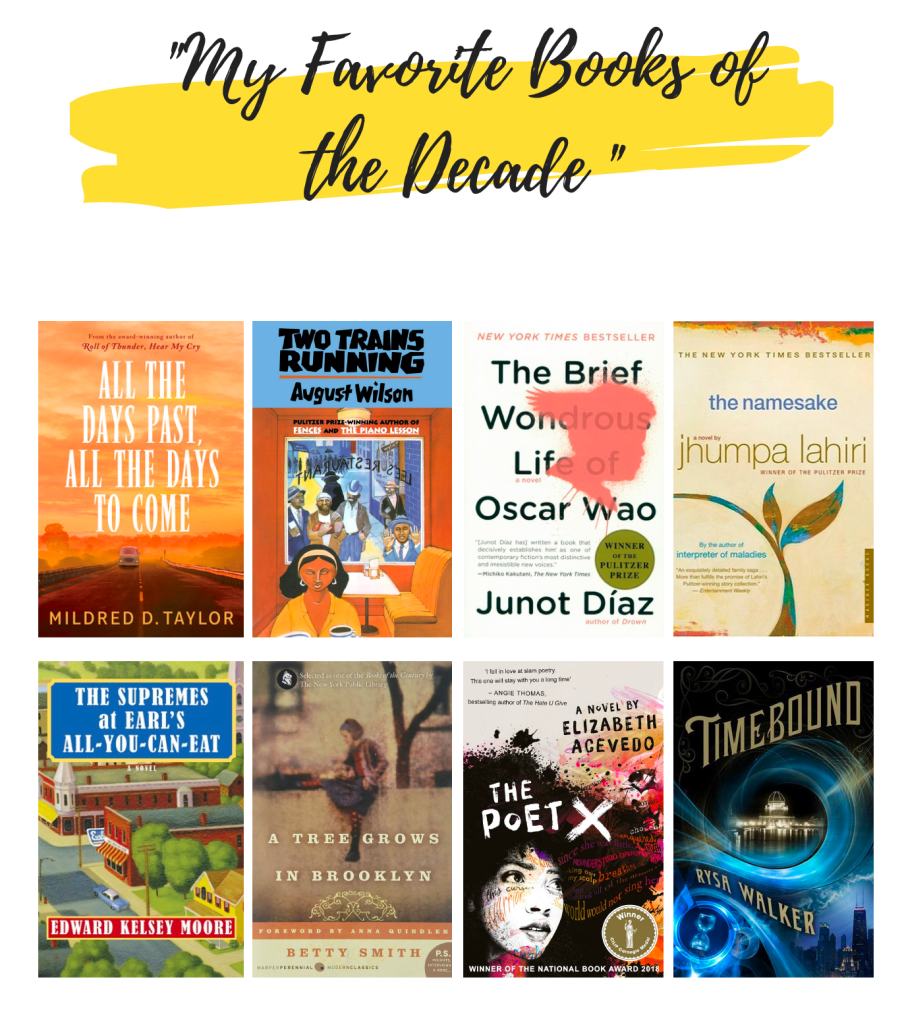
The Sunday Post is hosted by Caffeinated Reviewer and Sunday Salon is hosted by Deb @Readerbuzz. Check their pages out for more information about these bookish memes!
Good Morning from my little corner of the Bookternet, peeps! I hope your weekend went well!
It’s looking like my reading slump is finally gone. I’ve finished two books and am slowly but surely finishing The Love Songs of W. E. B DuBois by Honorée Fanonne Jeffers.
For those of you who’ve been reading my WWW Wednesday posts, you’ve probably heard me mention Jeffers’ books more than a handful of times since August. Coming in at a whopping 816 pages, Jeffers’ book is an emotional and soul shattering family saga.
In The Love Songs of W. E. B DuBois, Jeffers tells the story of Ailey Pearl Garfield as she attempts to find her place in the world and combat the pain of surviving sexual abuse while she attempts to form her own identity as she honors the stories of her family’s past. It was an Oprah Book Club pick, which should instantly give you an idea of the emotional turmoil a reader could experience if they decide to pick up The Love Songs of W. E. B DuBois.
For the average reader, this type of emotional book wouldn’t be so bad. However, I am an empath, which means that while the character is going through it, so am I.
An empath is a person highly attuned to the feelings and emotions of those around them. Their ability to discern what others are feeling goes beyond empathy (defined simply as the ability to understand the feelings of others) and extends to actually taking those feelings on; feeling what another person is feeling at a deep emotional level. - "What Is an Empath and How Do You Know If You Are One?" By Leah Campbell
What is an empath?
For those of you who aren’t familiar with what being an empath is, it basically means that a person is “highly attuned to the feelings and emotions of those around them.” If they aren’t careful, empaths can take on the feelings of others and become deeply emotional because of what they feel others experiencing.
Scientists are torn if this “mirroring” actually occurs. However, the brain holds what is known as “mirror neurons,” which could help humans mirror the emotions of people they come in contact with. And it’s suggested that some of us have more mirror neurons than others.
Imagine walking through the world experiencing secondhand embarrassment, the frustrations of others, and also their successes, and you’ll essentially get the gist of what being an empath is.
For me, my empathic abilities come alive in the form of a profound feeling of intuition and when I’m reading or watching any form of television. I detest watching the news and going into stores and crowds because of all of the emotions that I feel rolling off other people. But, on the other hand, there’s no feeling that comes close to the contact high that comes with holidays, like Valentine’s Day and Christmas, where people are full of positive energy and uninhibited joy.
Are you an empath?
What does this have to do with reading?
As a reader, though, finishing heavy books can be a struggle. The usual feelings that come with reading a book that researchers attribute to building up emotional intelligence are amped up 1000% for me. When I read, I find myself experiencing what the characters are going through, no matter how small or big it may be, as if it were my own pain and trauma.
The “reflection” period that other readers go through as they read, where they connect to the text seeing characters’ emotions and actions at a distance, is intensified for me as an empath. I feel as if I’ve been written into the story and am on an emotional rollercoaster embarking on a chaotic journey with the characters.
Even though I know that experiencing these narrative and aesthetic feelings are a part of what an author sets out to do with their writing, being drawn in as an empath sometimes feels like being bombarded from all sides – real and imagined.
How I cope with being an empathic reader
This wouldn’t be so bad if I weren’t reading books, like The Love Songs of W. E. B DuBois, where Ailey’s family’s traumas are essential to the narrative and heavily drawn out. But, while I am a reader, I’m also going through my day-to-day life and experiencing empathic encounters IRL that require me to be present and in the moment.
Because of this, pacing myself while I’m reading is essential.
If I try to read a book that has too many heavy topics at once, I’ll end up going into a reading slump. A slump is also inevitable if I try to draw out reading these books for too long.
To combat this, I always try to be aware of how I feel as I read.
If you’ve been following me as I read The Love Songs of W. E. B DuBois on Twitter, you know Jeffers has taken me through it as I’ve been reading this book. I’ve shed tears, grown angry with the book’s main protagonist, and just had to close the book and walk away from it altogether.
Acknowledging and honoring my emotions throughout the reading process keeps me connected to the story but firmly rooted in reality as an empath. Posting Twitter threads for heavy books is especially helpful on this front.
I’d also recommend pairing a heavy book with one that’s light or funny to help ground you if you’re an empath.
My last reading slump was harsh since I tried to read Mona At Sea by Elizabeth Gonzalez James with Jeffers’ book. These two dramatic books threw me for a loop. And that caused me to hit an instant slump. I’m now pairing The Love Songs of W. E. B DuBois with a YA romance book to help ease the heavy emotions that come with Jeffers’ book.
Having these simple steps helps me mitigate adverse side effects that can come from reading and being an empath.
Reading will always be a hobby I’m passionate about, even when my empathic nature causes me to relate and interact with books differently.

If you're an empath, how do you cope?
Thanks for stopping by for today’s Sunday chat!
If you’ve got any tips on how to cope with reading heavy tips or just want to share what you’re reading, leave a comment below.
As always, please don’t forget to like, comment, and subscribe! #AllOfTheThings
Happy Reading!❤️📚














